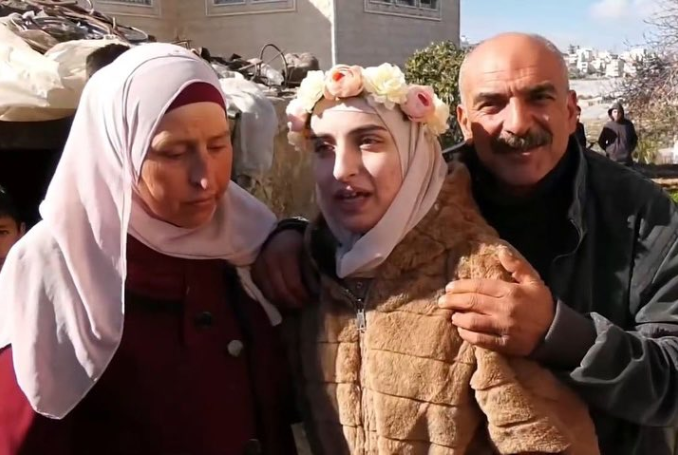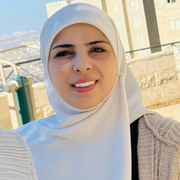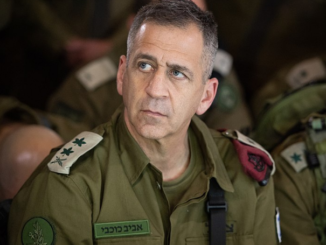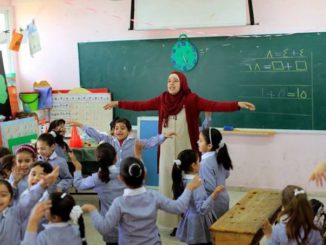
Freed Palestinian female prisoners, including prominent leader Khalida Jarrar, share harrowing accounts of their abuse and suffering in Israeli prisons with the Palestine Chronicle, highlighting the brutal conditions they endured.
Khalida Jarrar, the iconic Palestinian leader, appeared after her release in the exchange deal on Sunday looking unrecognizable to those who knew her—tired and thin, with white hair and eyes that reflected the oppression of solitary confinement.
“I was in isolation. I can’t talk.” With these words, she apologized to all the journalists and left with her family, while everyone was engulfed in sadness over her condition.
But after just one day, Khalida came back as strong as ever, as if she had shaken off the dust of prison and solitary confinement to expose the jailer and his cruelty.
69 Palestinian female prisoners out of 85 were released in the recent exchange deal between the Palestinian Resistance movement Hamas and Israel, including mothers, journalists, university students, and wounded women.
In contrast to the smiles and good health visible on the faces of the three Israeli female detainees handed over by Hamas, the Palestinian female prisoners appeared tired, pale-faced, and in pain.
Speaking to a gathering of journalists in Ramallah, Khalida tried to convey a picture of what she endured in a solitary confinement cell for six months before her release, where life seemed absent.
“I was in a narrow cell. Sometimes I felt suffocated. The bathroom was next to me in the same cramped room,” she said.
“The food was bad, and the water had a disgusting taste. There was no treatment or medicine for my illnesses. I was in a place that felt very much like a grave,” she added.
Although this was her fifth arrest, she admitted that it was the most difficult. Prison conditions were harsh, and the jailers were cruel.
Khalida was detained from her home on December 23, 2023. She was transferred to administrative detention without charge or trial, reinforcing the belief that her arrest was intended solely to silence her, as she is a national symbol of the Palestinian struggle.
“They Pulled My Hair”
Jenin Amr, a calm and always smiling student at Hebron University, exited the International Red Cross Committee bus, searching among the faces for her family.
She saw her father from afar, ran to him, and seemed to fly before landing in his arms. Her face showed the unforgettable pain and exhaustion that administrative detention had etched on her features during the 14 months she spent there without any charge.
Palestinian student at Hebron University, imprisoned without charge or trial, Jenin Amr — liberated tonight in the Flood of the Free prisoner exchange, by the Palestinian Resistance. pic.twitter.com/IWpMJGvidZ
— Md Badrul Hasan (@MdBadrulHasan16) January 20, 2025
In a tired but calm voice, Jenin told the Palestine Chronicle that the ordeal of the release process was similar to what she endured in prison. When she and the other female prisoners were transferred from Damon Prison to Ofer Prison, they were beaten and insulted.
“They pulled my hair hard and threw me to the ground. When one of the female prisoners tried to help me, they stopped her,” she told us.
“We were all subjected to insults, humiliation, and curses. They kept us in a cold place for long hours under the pretext of conducting inspection procedures,” she added.
Jenin, whose name reflects the most suffering city in the occupied West Bank, said that prison is a cruel place for women, where their basic rights and personal dignity are disregarded.
“The food we were given could not be called food—just a few grains of undercooked rice, soup without salt, and water with a rusty taste. This is what we lived on,” she continued.
JUST IN: Where is the outrage for Palestinian hostages held by Israel?
The freed Palestinians hostage Rula Hassanein from Bethlehem:
"The tragic situation that the female prisoners live in is truly difficult. There have been significant violations by the prison… pic.twitter.com/NVHXfbfXrP
— Suppressed News. (@SuppressedNws) January 21, 2025
The day after her release, the Israeli army stormed Jenin’s house and threatened her family, warning they would re-arrest her if there were any signs of celebration for her freedom.
“My Heart Was Breaking”
When speaking of female prisoners, the stories of mothers stand out, as Israel does not even respect the sacred bond between a mother and her children.
One scene was particularly heart-wrenching: journalist Rula Hassanein hugging her infant daughter, Elia.
Born prematurely, Elia was in dire need of her mother when the Israeli army detained Rula in March 2024.
“My heart broke for her. Whenever I thought of her, I cried bitterly. I knew she needed me, but it turned out that I needed her more,” she said.
Rula, who suffered from chronic kidney disease, received no treatment in detention. She repeatedly requested to be transferred to the clinic and undergo medical tests, but her requests were denied.
La periodista palestina Rula Hassanein, que fue secuestrada por los sionistas en Belén por sus publicaciones en redes sociales y fue separada de su bebé, vuelve a abrazar a su hija tras ser liberada de prisión tras el acuerdo en Gaza.
Como Rula, hay 10.000 rehenes palestinos en… pic.twitter.com/Fz7DozV1uz
— Daniel Mayakovski (@DaniMayakovski) January 20, 2025
“We were all subjected to strip searches—a degrading policy that violated every law, religion, and tradition. It was purely humiliating and harsh,” she said.
Each female prisoner returned with a more painful story, full of details that would move anyone to tears.
Yet, as soon as they saw their families, they seemed to forget the pain, hoping for brighter days to come. They wished for prison to remain only a memory, one that had taught them patience and perseverance.
(The Palestine Chronicle)

– Fayha’ Shalash is a Ramallah-based Palestinian journalist. She graduated from Birzeit University in 2008 and she has been working as a reporter and broadcaster ever since. Her articles appeared in several online publications. She contributed this article to The Palestine Chronicle.










” The day after her release, the Israeli army stormed Jenin’s house and threatened her family, warning they would re-arrest her if there were any signs of celebration for her freedom. ”
This is psychological terrorism. ALL Jews will be hated now for not standing up to the ZioNazis. Maybe they deserve that.